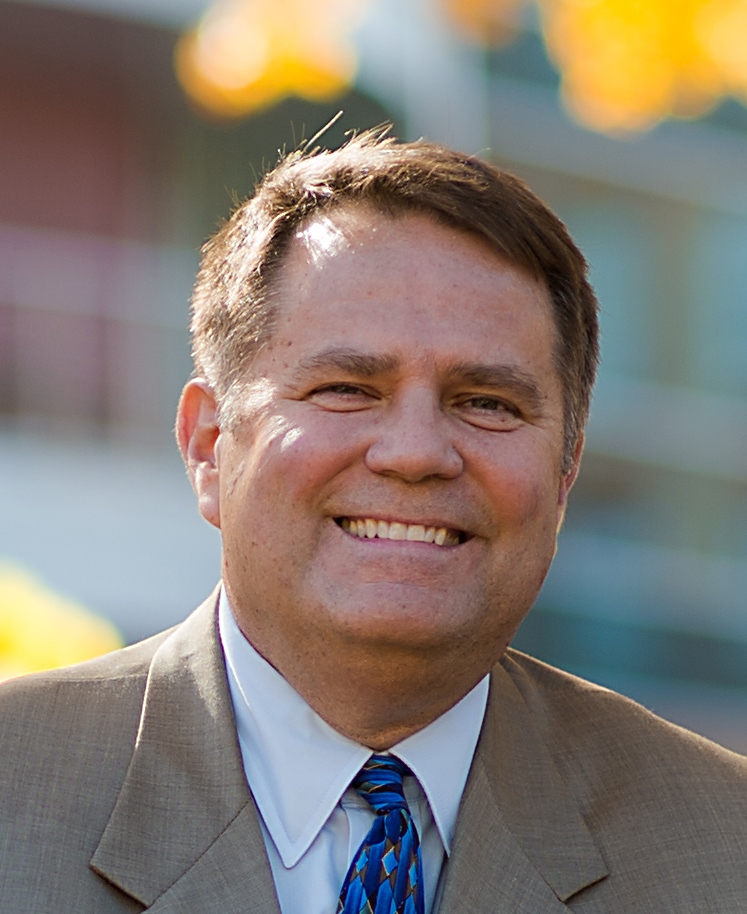Editor’s note: This essay is part of a series in which local experts were asked: “What would it take to solve the Asheville area’s affordable housing problem?”
The lack of workforce/affordable housing is one of our community’s biggest challenges. Market forces that make Buncombe County such a highly desirable and sought-out place to visit and live have triggered a huge surge in housing costs, whether rentals or sales. Making matters worse is a rental vacancy rate near zero. And meanwhile, the Great Recession left many future Buncombe County residents unable to sell their homes and move here, creating a pent-up demand for homes to buy.
Many years ago, the Buncombe County Board of Commissioners recognized and accepted our role in easing the huge gap between housing costs and many residents’ ability to afford those costs. Since 1997, the board has invested $8.4 million and partnered with nonprofits and private developers, leveraging over $103 million for housing in our community. This investment has created 1,601 units of workforce housing that wouldn’t exist without our support, in addition to helping thousands of residents keep their homes during difficult financial times.
We’re not aware of any silver bullet that will end our workforce housing problem. We believe that a rigorous case-by-case evaluation and review of proposals and programs by groups that are on the front lines of the problem is the best way to reduce workforce housing costs. Programs we’ve helped fund address such issues as down payment assistance, permit fee reduction, rehabilitation of older homes and emergency repairs. We’ve also supported groups like Habitat for Humanity, Eblen Charities and Mountain Housing Opportunities, as well as providing direct construction funding.
Buncombe County will continue to actively partner with other governments, nonprofits and businesses to increase the supply of rental and sale properties, with the goal of making housing more obtainable for everyone who wants to go to school, work, live or retire in the most gorgeous place in the country.
— David Gantt
Chair
Buncombe County Board of Commissioners




Affordable housing would mean more black people can afford to live in Asheville. Uppity white folks don’t want that to happen so they will keep talking about their efforts but never actually do anything to change
Agreed. The public housing situation in this town is so god-awful, and the way people are treated who live in those places is horrendous. I spend a fair amount of time in those housing projects- and i think to call it ‘housing’ is a stretch. I believe it to be a crisis situation and a community that has repeatedly been purposefully forgotten, while we worship at the throne of tourism and revenue.
The crisis is one of total housing supply; not enough units. and it is caused by the UDO, with its single family zoning, unit density limits, residential height limits, setbacks, and parking requirements.